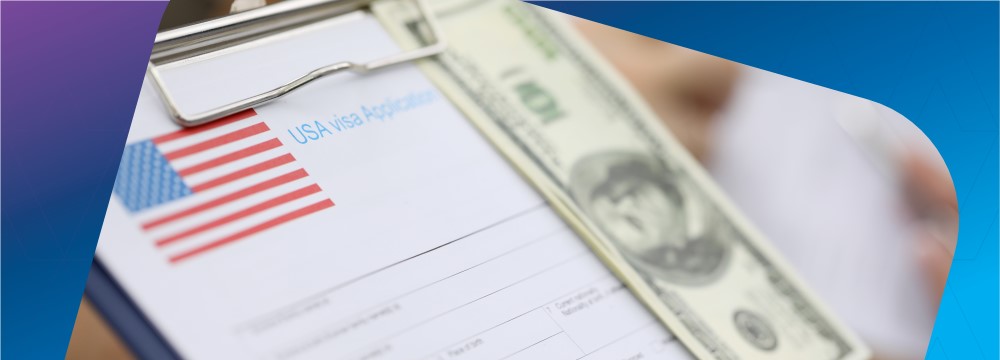USCIS Unveils Substantial Fee Hike, New Schedule to Take Effect Soon
February 1, 2024 – Legal Alerts
This week, U.S. Citizenship and Immigration Services (“USCIS”) announced a new fee schedule that is slated to go into effect on April 1, 2024. Although it has been seven years since the last comprehensive fee increase, the new fees represent a substantial increase across several different forms and case types.
Notable fee increases include:
- I-129 Petition for H1B nonimmigrant workers increases from the current level of $460 to $780.
- I-129 Petition for L nonimmigrant workers increases from $460 to $1385
- I-130 Petition for Alien Relative increases from $535 to $675.
- I-140 Immigrant Petition for Alien Workers increases from $700 to $715.
- I-485 Application to Register Permanent Residence increases from $1225 to $1440, and no longer includes applications for employment and travel authorization, which will now be paid separately.
- I-765 Application for Employment Authorization increases from $410 to $520.
- I-131 Application for Travel Document increases from $575 to $630
- I-539 Application to Extend/Change Nonimmigrant status increases from $370 to $470.
- N-400 Application for Naturalization increases from $725 to $760.
In addition to the increased filing fees, Forms I-129 and Forms I-140 will be subject to a new “Asylum Program Fee” of $600. Nonprofit petitioners will be exempt from this new fee, while small employers will be subject to a reduced fee of $300. Notably, the H1B registration fee, which is currently $10, will increase to $215. However, this increase will not take effect until next year, for the fiscal year 2026 registration period.
There is some good news:
- No separate biometric services fee for most applicants;
- Nonprofits and small employers (25 or fewer full-time equivalent employees) filing Form I-129 will pay a 50% discounted fee;
- Forms filed online with USCIS will receive a $50 discount; and
- Naturalization applicants filing Form N-400 who have incomes between 150% and 400% of the Federal Poverty Guidelines will pay half the full fee.
In defense of the substantial increases, USCIS promises to “start using innovative solutions to improve customer experience and stem backlog growth,” although it hedges by stating that it will need additional congressional funding to address the influx of cases resulting from the flood of recent border crossers. So, time will tell if the additional funds generated by the fee increases will actually improve customer experience.
If you have any questions about the new fee schedule, please contact the author of this article or your Dinsmore attorney.
